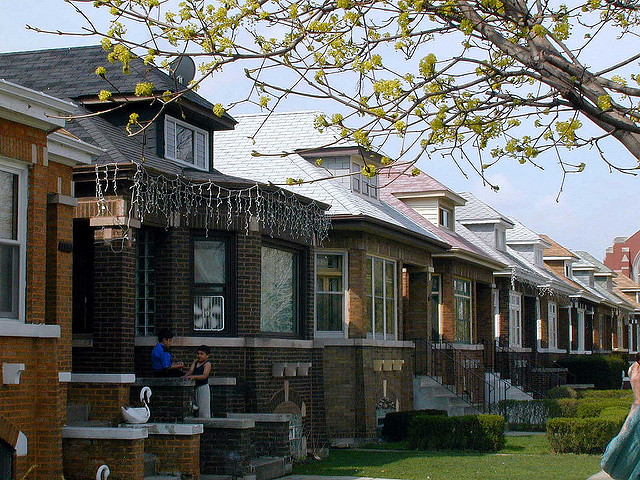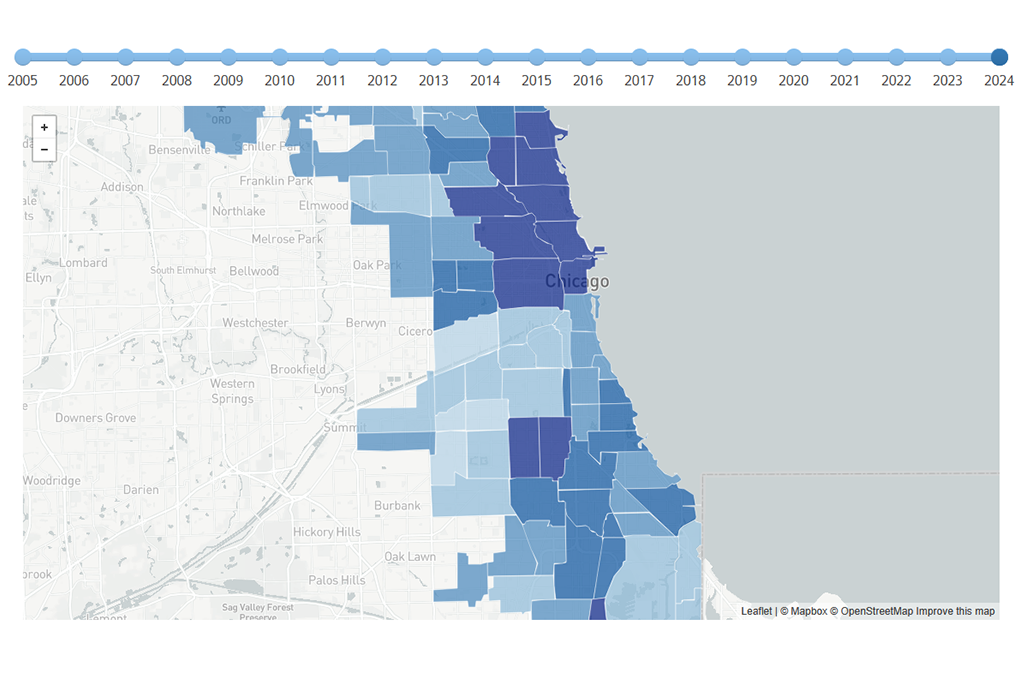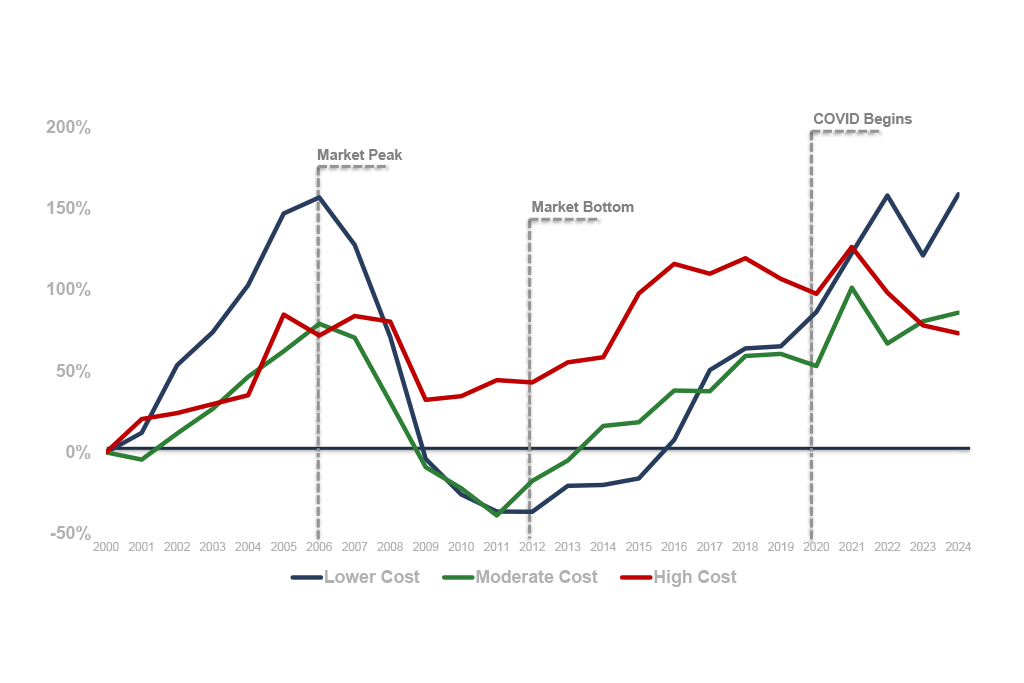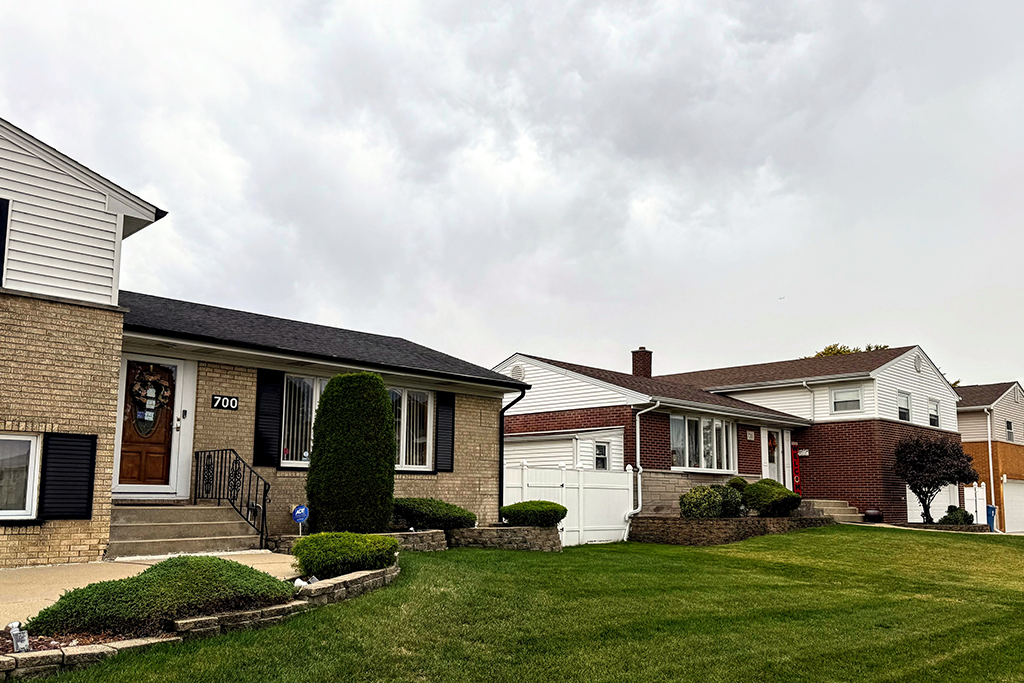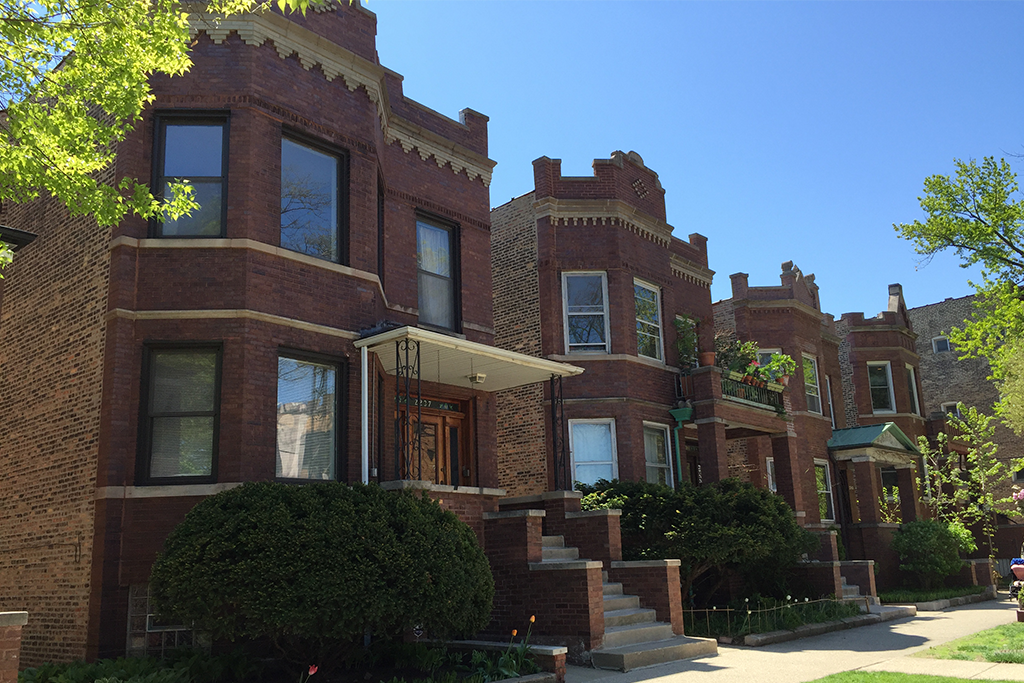Federal regulators are investigating firms that offer contracts for deed.
In Detroit in 2015, there were more contracts for deed than there were mortgages.
Under these agreements, homebuyers make a down payment and monthly payments to the seller, who hangs onto the deed until the final payment is complete. Although the buyers cannot build equity and do not own the property, they are responsible for property taxes and repairs in the interim. If they miss even a single payment, they can lose the home, and everything put into it far.
Why would anyone take that risk? Sometimes they have no choice.
Contracts for deed, also called land contracts (or "the poor man's mortgage"), were common in the segregated 1960s. Redlining and discrimination prevented many African Americans from obtaining a mortgage, so many saw this option as the only path to homeownership. Decades later, as mortgage underwriting standards have tightened in the wake of the housing crisis and smaller mortgages for homes valued at less than $100,000 are no longer being offered, contracts for deeds have made a resurgence. They are particularly common in the Midwest and other areas hit hard by the foreclosure crisis, where home values declined precipitously, leaving many homes valued too low for mortgages and individuals with credit scores that are too low to secure traditional financing.
IHS data reveal that in the majority of neighborhoods on the south and west sides of Chicago in 2015, for example, more than one-half of the residential properties sold cost less than $100,000.
Without access to traditional mortgages in these neighborhoods, say researchers at the Urban Institute, buyers have only three options: pay cash, walk away, or use “seller financing vehicles” like contract for deeds with few protections. “None of these is optimal for potential homeowners or communities,” they write.
But it is not the first time residents have faced such options.
“What is particularly alarming about the trend,” writes Emily Badger in a Chicago Tribune story on the contract for deed phenomenon, “is that we’ve seen it before.”
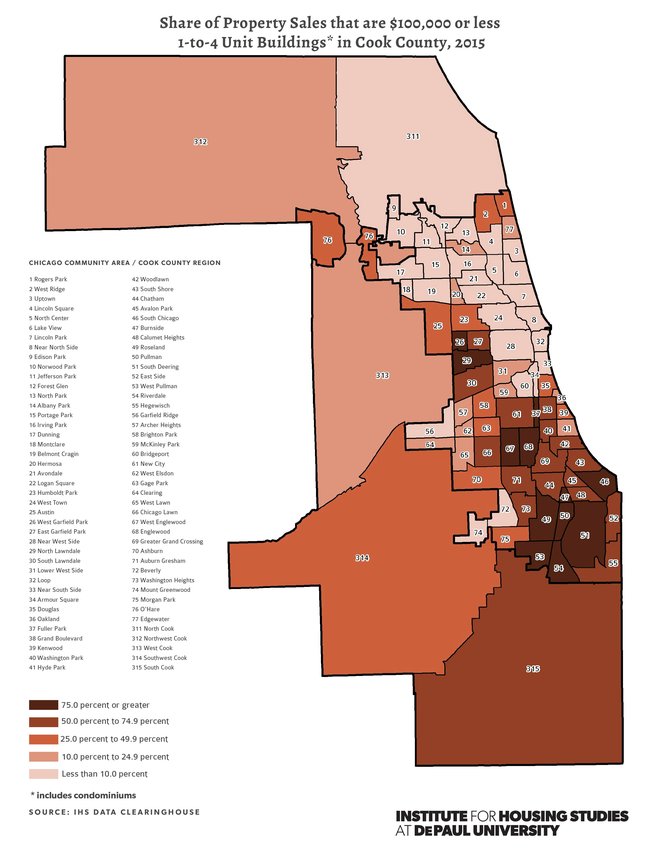
In a cover story for The Atlantic, "The Case for Reparations," Ta-Nehisi Coates writes about the predatory history of contracts for deeds. He relays the story of Clyde Ross, a black man who entered into a contract for the deed for a home in North Lawndale in 1961. Although he had a steady job, his mortgage application was denied, so he decided to buy a home through a land contract. Historian Beryl Satter estimates that 85 percent of properties bought by African Americans in Chicago in the 1950s were purchased through contracts.
Ross’s new house cost $27,500, though the seller had recently purchased it for less than half that price. A few months after Ross and his family moved into the new home, the boiler broke. He paid for a new one. If those expensive repairs prevented him from making his monthly payments, he would face eviction. Fast forward to 2016, and Kevin Franklyn in Detroit is in the same predicament. Franklyn, 46, faced $45,000 in repairs shortly after he entered a contract for deed with Harbour Portfolio Advisors of Dallas in 2011. The roof, plumbing, electrical system, and drywall all needed serious repairs, he said. After falling behind on the payments, he recently agreed to forfeit the contract, the New York Times reported in February 2016.
Other times, the buyer arrives at the final payment—a process that can take up to 30 years—only to find existing mortgages or liens on the property, which must be paid to finalize the sale, according to the National Consumer Law Center (NCLC) in a July 2016 report.
Today, the firms responsible for the majority of contracts for deeds say their practices are fair and legal, and that these agreements create a path to homeownership for those who would not otherwise have one. But this past year, the sales have come under scrutiny.
Last spring, the Consumer Financial Protection Bureau (CFPB) began investigating contract sales to determine whether some of the deals violated federal truth in lending laws. In November, the agency announced that it ordered two major firms—Harbour Portfolio Advisors in Dallas and National Asset Advisors in Columbia, S.C.—to release documents pertaining to land contracts.
Harbour, reports the New York Times, bought 6,700 houses through bulk sales, mostly from Fannie Mae, after the financial crisis. This past year the company sold more than 600 houses with existing contracts for deeds to other firms and investors. In some states, like Michigan, there is no requirement that a contract for deed be recorded, making the market hard to monitor.
It is not surprising, say experts, that the same groups that fell victim to predatory lenders in the housing crisis and contract for deeds in the 1950s and 1960s are one in the same—low-income families, often African Americans.
The NCLC calls contracts for deeds “toxic transactions.” However, some nonprofits and community organizations use contracts for deeds to house people while they build up their credit and receive financial counseling. The goal is to help them qualify for a mortgage so they can end the contract.
But critics say that consumers are left with few protections in the bulk of contract sales. In its 2016 report, the NCLC includes a set of policy recommendations designed to protect buyers and preserve the effectiveness of land contracts in certain situations. The organization says CFPB and state lawmakers should require independent home inspections, third party appraisals, information in the buyer’s home language, and data collection by regulators in all contract sales. The group also advocates for the creation of a standard form to be used in all sales.
Such policies, the group believes, would make the terms of cloudy deals more transparent and put up some buffers between residents and frequent evictions.
Top photo/Ed Boik
